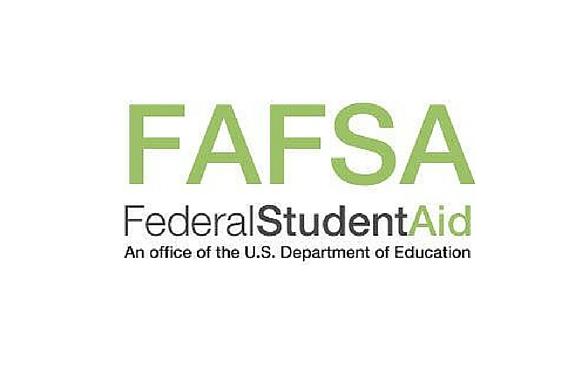By: Essence Buckman, Staff Writer
The thought of a college education brings up feelings of excitement, fear, frustration and determination, among others. The process of applying to college itself is stressful as well as exhilarating. A person, like myself, who values their education above many things works their hardest in high school to make the best grades—stressing themselves to be a top 10 percentile student, have no discipline record and participate in extracurricular activities. We do all these things because we have been taught by educators and others that these are our golden tickets to an impressive college application to receive not just any normal acceptance letter, but to receive an acceptance letter with a helpful financial aid package, aside from non-governmental scholarships. I received acceptance letters and completed my FASFA to receive financial aid and still, I am wondering: where is the money?
I started off in my secondary education as a mediocre almost “top” student. I struggled with “C” averages in mathematics and sciences. After my freshman year in high school, my grades in those certain subjects were pulled up to “A” averages, along with my other subjects. I also enrolled in dual-enrollment courses and was involved in a number of clubs and other activities. I was determined to have a great application for colleges and scholarships. Unfortunately, even with all that hard work, I received no outside scholarships and no extra financial aid from the colleges that accepted me. From viewing my aid package for the first time to this day, the struggle never ends.
People get accepted into college, but a common factor in their decision is the money. Most students, including myself, come from middle class families and plenty of those families do not have the pleasure to experience what it means to be financially stable. Living from paycheck to paycheck happened at times and does not scream “stable.” An indirect, but huge, amount of pressure was put on me to gain as much aid as possible. Much competition is present, from students across the United States to the international ones. That does not mean that a student is not as worthy as another; that just means that there is not enough money to go around in the form of scholarships to every student who is deemed “worthy.” Even the dreaded option for student loans are minimal to none because obstacles prevent loan acceptance. My parents do not have the highest paying jobs to afford a Wofford student and a Clemson student. Four children, elderly grandparents and a grandchild need to be taken care of, and other family members need to be helped. It’s sad to say that none of that matters because all that matters is how someone’s finances look on paper. An assumption is made that people are financially stable when they are not because of these setbacks.
The frightening stories about students withdrawing or transferring to a college they do not want to attend, or initially enrolling at a college that they do not see as desirable, is an example of the real and harsh reality that multiple people face. Multiple reasons can explain why students make these decisions, but the common denominator, again, is the money. The question of “why is my future and obtaining a degree in college compromised because of the money?” A common stigma associated with a college education is how expensive it can be.
Of course plenty of successful people have prevailed over the finances that hinder, but not everyone. Many intelligent people cannot afford four years of increasing tuition to get their degree, and even the intelligent people with degrees cannot find jobs in what they worked for because of the extensive amount of loans they have. Knowing these statistics, people in the same situation as myself do have strong fears to accompany our hopes and dreams of a higher education. We wonder what the point is of working hard for a degree, if money is not only a huge factor in obtaining it, but could possibly have a negative impact on our post-college life as well?























